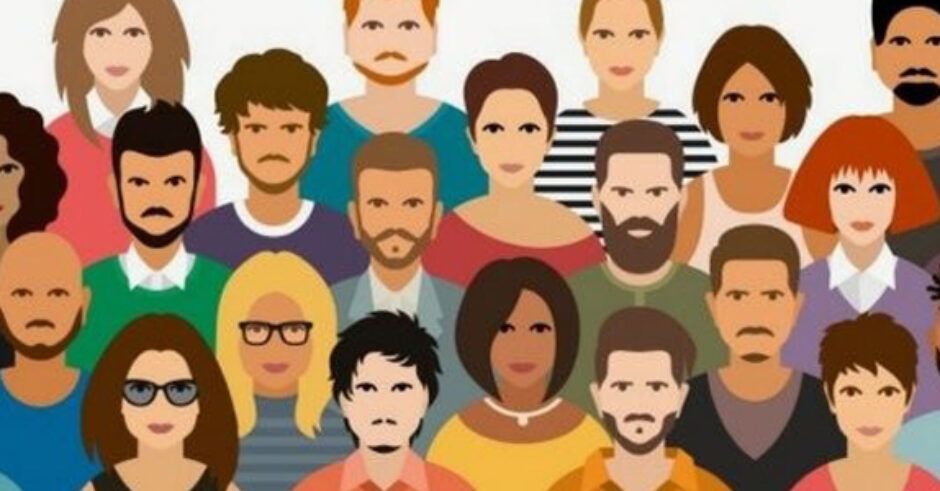#leadership #development #people #talent #careers #culture
What is the difference between a leader who is a Chess Master and one who is a Gardener?
This was a question in my professional circle that was born from a podcast I came across last month between General Stanley McChrystal (retired US Army general, best known for his command of Joint Special Operations Command in the mid-2000s) and Chris Fussell(NY Times bestselling author and leader of the McChrystal Group Leadership Institute). See that at the end of this article. It is so spot-on that I had to write about it. I went to discuss with a friend in the industry, Kim Warneke. Kim is a great person to chat with about this topic as she has fifteen plus years of learning and development experience both in the public and private sector. Kim gets high-fun, super cool, millennial cultures.
As HR and Talent leaders in today’s workplace, we are faced with new, new! New tech, new personality types, and new requests coming from our teams. There is also current brainstorming around how to develop and groom the entering GEN-Z. No topic seems more prevalent today. Talent development has been a topic for decades, but until recently, it wasn’t at the forefront of most business strategies. Businesses are finally recognizing and quantifying the benefits of developing their talent. New tools allow them to see ROI metrics that impact their bottom line.
It used to be that be that in most companies, especially those that are Fortune 500, being a great leader meant you were also great Chess Master; as outlined in the podcast. The Chess Master is strategic, good at managing up, and has a “win at all costs” mentality. But those of us who were ahead or got lucky enough to be in cultures that were focused on teams and development, see the real answer is that a great leader is required to be a great Gardner. The Gardner is focused on nurturing and growing resources and talent for bountiful, long-term harvest. Can we afford not to tend our gardens weekly?
As a Gardner, our plants refer to our team members, who do all the growing. We are there to plant (hire) strong and viable seeds, we are there to attend (lead), nurture the soil (develop) and water (offer feedback) our “people garden”.
We do not “get them” to grow. They grow because of our guidance, our nurturing and our constant vigilance of the garden. This requirement is coming more into focus than ever before. Not only do Millennials require it, but in my opinion, GEN-Z is about to turn this on its head.
We cannot abandon the fact that GEN-Z is quickly entering the workplace. Four of my nieces and nephews fall into this new generation. They are globally informed, socially responsible, caring, open-minded, and consume information at an unprecedented pace. They are different from Millennials in a few powerful ways such as more fiscally conservative and noted as more patriotic. Their high and personalized expectations on learning and professional growth will need to be considered as organizations look at evolving their learning platforms and programs. They are going to have to be #Virtual and #Experiential. This is critical to them, as all they know is digital and they consume experiences through digital; just look at SnapChat and Instagram followers, along with innovations in VR and AR. How will we effectively garden our teams that will be comprised of possibly four generations of talent; Baby-Boomers, GEN-X, Millennials, and GEN-Z? That is an interesting challenge!
For more reading on GEN Z check out this recent article by Eric Mack of Inc.com. Hal Runkel hinted at this upcoming change best when he said, “…Somedia (in Atlanta) is completely virtual for all its employees” Link to article here: GEN Z: Radical Work Changes
We also need to think about how technology will help us to lead and develop others. How can we use technology, especially the IoT (Internet of Things) to help us tend to our gardens? Even the tease that the IoT has already given us in the commerce space is enough to trigger businesses to re-think their…everything. It will be interesting to see how IoT can help with real-time feedback, learning tools, and leadership development. I’ll be on the look-out for companies like LinkedIn and Amazon to start programs incorporating IoT to learning initiatives.
Check this article out by Somshubhro (Som) Pal Choudhury on the IoT landscape and companies that are making strides to bring IoT to the masses. IoT Innovation Landscape
There are a lot of disruptive things happening in the learning and development space. The one thing that remains constant is that the better the hire’s fit to the role and company culture (right seed in the right soil), the better chance of long-term development and success that person can accomplish. What we need to remember is that not only do we now have a multitude of different seeds in our garden, our seeds don’t grow to their full potential on their own. It is our leadership responsibility (#Forbes) to tend our garden and ensure their fruitful future.
—
Link here to enjoy the podcast Becoming an Extraordinary Leader: General McChrystal and Chris Fussell; episode of The Tony Robbins Podcast
#culture #talent #talentacquisition #knowledgeispower





